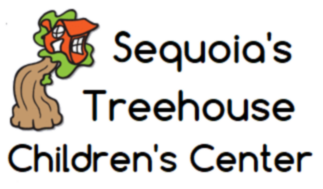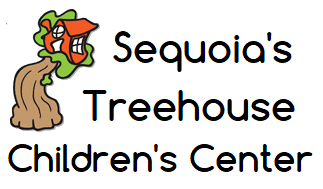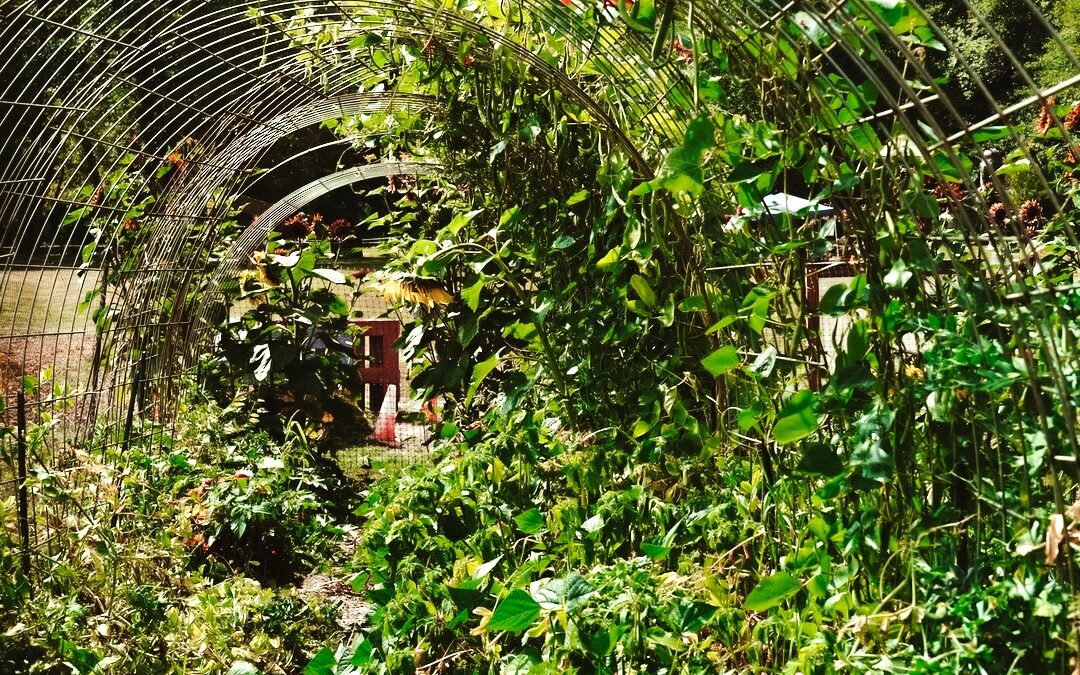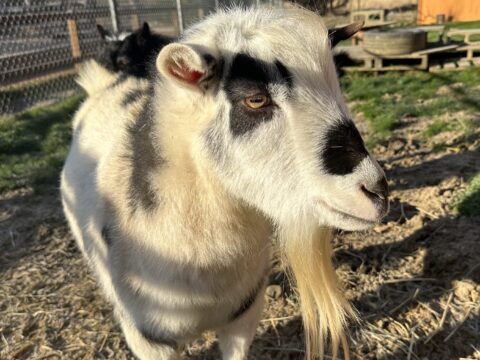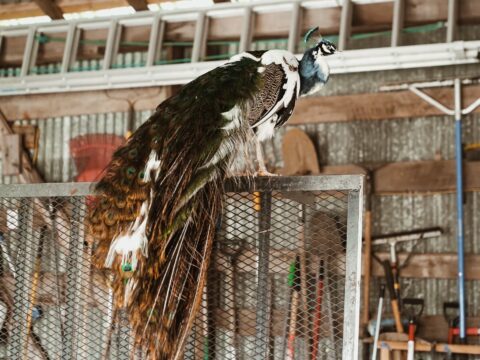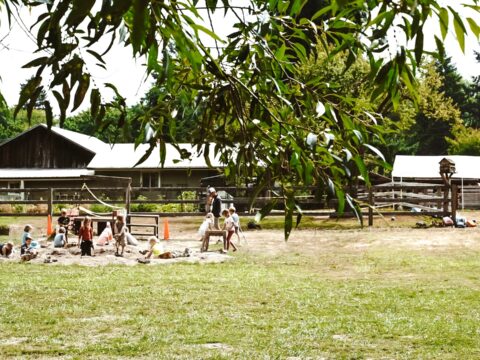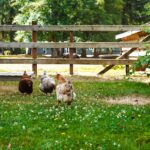
What is a Farm and Forest School?
December 19, 2023
Letting Kids Be Kids
December 27, 2023What is Nature-Based Learning?
Nature-based education is defined as children’s active learning in the natural world (Meier & Sisk-Hilton 2013) in which children are presented with regular opportunities to interact with nature. The best place to learn about nature is in nature. And the beauty of it is that you do not need to go to a mountain forest to find nature. It is all around us, from a neighborhood park to a greenbelt separating neighborhoods to a local stream.
Studies show that this kind of education “benefits children’s development and the environment, with increases shown in prosocial development, physical activity, and language development along with greater respect for nature” (Kuo & Jordan 2019). Nature-based early learning programs exist in many countries stemming from a variety of cultural influences and belief systems, and their approaches illustrate past and present thinking about childhood, nature, and education more broadly.
Nature-based education is a 21st-century reform in the United States, an effort that aims to improve learning outcomes and move away from more traditional approaches that rely on little to no direct interactions with the natural world. However, as mentioned earlier, the idea is not entirely new. Theories and methods of learning in nature have been proposed and tested for more than two centuries, often with young children in mind. Looking across that history reveals how wide-ranging nature-based education is and how long the notion of learning in and through nature has been around.
Nature-Based Learning Nurtures A Child
Nature-based learning provides children with seemingly endless opportunities for mindfulness and self-centering. By enthusiastically inspiring children to stop, listen, and look around, being immersed in nature fine-tunes children’s observational skills, allowing them to fine-tune a broad spectrum of healthy child development.
According to a study by the American Institutes of Research, “:outdoor classrooms and other nature-based learning experiences significantly boost academic performance.” They found that students in outdoor science programs improved their testing scores by 27 percent. Whereas the traditional classroom can be both overstimulating and limiting, learning with, in, and through nature offers children the opportunity to engage all of their senses in vibrant ways, touching and experimenting with the world in a way that the pages of a textbook in a classroom could never do. Additionally, as children are naturally inclined to play when outdoors, nature-based learning supports play-based learning, a powerful tool in emotionally imprinting learning on the human psyche. Finally, nature-based learning fosters empathy- As children get up close and personal with other living organisms that are different from them, from plants and fungi to insects and mammals, they begin to notice the shared experiences of all living creatures on earth. As they observe such things as spiders caring for their nests, flowers wrapping themselves up in the cold, and root systems sharing nutrients with malnourished neighboring plants, incredible Social-Emotional Learning (“SEL”) begins to take place.
Besides all that, though, nature-based learning is fun, and fun is stimulating, and an active, stimulated mind is a mind primed and ready to learn.
A Word About Sequoia’s Treehouse and Farm & Forest Schools
We encourage you to stop by and visit Sequoia’s Treehouse and Sequoia’s Farm and Forest School Program, both in Olympia, Washington. There you can observe nature-based learning as it is happening, ask your questions of the staff, and see for yourself just how enthusiastic the children are.
Call us at 360-742-3651 for more information.
